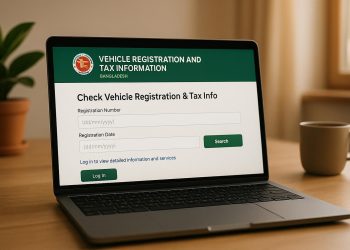With the decline in foreign reserves and the strict government customs policies, the country is expected to see a decline in reconditioned car imports as early as the first quarter of the next year.
This decline comes with no surprise, seeing that the government is struggling to keep its foreign reserves in check, and this alone is causing many problems for the country.
The government has opened LCs (letters of credit), and car imports have drastically declined with these opened up. That decline is expected to grow further thanks to the contradictory measures taken by the government to save foreign reserves.
In the last three months, due to the central bank’s-imposed measure, the opening of the LCs to import second-hand or used vehicles has dropped by almost one-third in just the last three months.
Although this measure has increased the sale of locally manufactured vehicles, it has almost, if not all, banned the import of foreign car brands into the country. Major brands like Toyota, Honda, and other Japanese brands are popular among the masses of Bangladesh.
Still, due to this measure, the country has almost blocked the imports of these brands and is instead encouraging the purchase of locally manufactured vehicles.
This will ensure that the money does not flow outside. In addition, to gain investors, the government has announced a customs policy for the investors with less custom duty on purchasing locally manufactured cars and some cash incentives to generate steady inflows for the country.
It is an effective move, and with the construction of highways and the Padma Bridge, the demand for vehicles has risen incredibly, almost by 50 percent. This increase suggests that people are more inclined to buy their vehicles instead of using public transport services, and that principle is the reason for the decline in the demand for buses and three-wheelers.
Covid-19 had a huge global impact on the automobile sectors, and this pandemic hit almost all the world economies. The drastic lockdowns crumpled the economies quite badly.
The worst-hit sectors at that time were the tourism, automobile, and oil and gas sectors, among many others. The lockdowns caused huge losses for the automobile sector as sales of vehicles went down; nobody was willing to buy any car during that time.
After two years, the world economies are slowly recovering, and sales are returning to their pre-pandemic levels. Still, with the Ukraine-Russia conflict, the car import situation does not look great, so people will have to rely on locally manufactured vehicles for the time being until things calm down.
Assessing the situation, the government has changed its import customs policy in favor of locally manufactured cars, promoting self-sufficiency and less dependency on imports. With the government now scrambling to save the foreign reserves, this policy will save the country’s outflows and help to increase the inflows, and in the process, improve the automobile sector as well.




